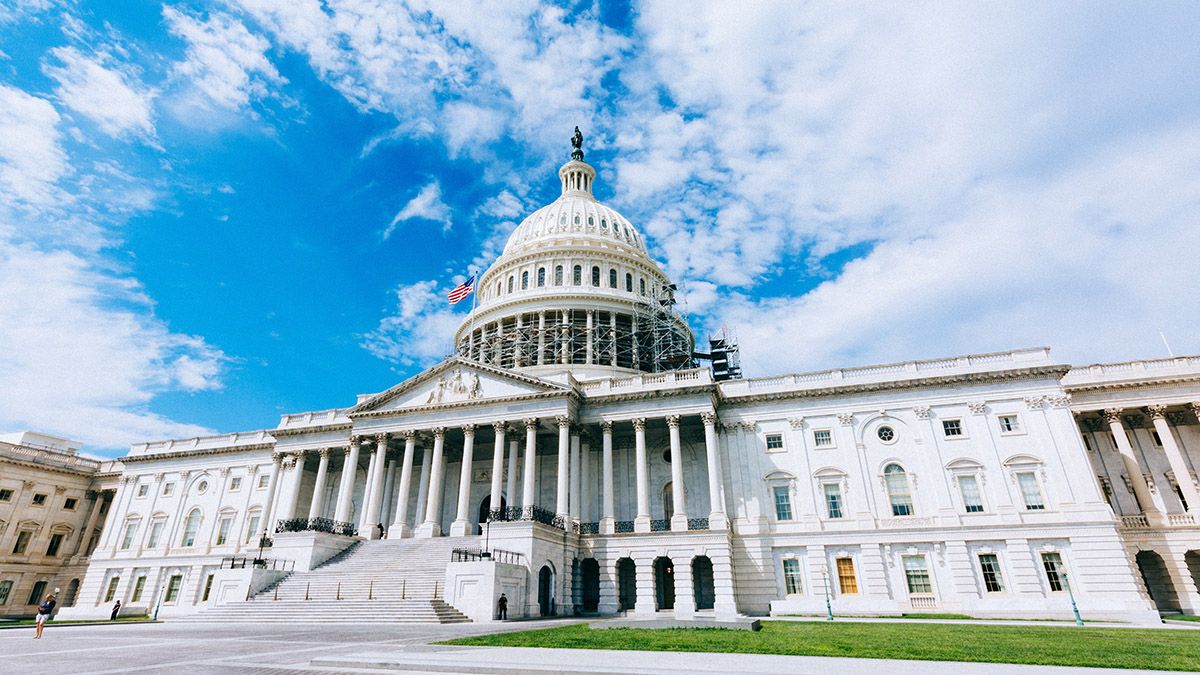Very True – Parmenides
Parmenides, the Greek grandpappy of metaphysics, might be my favorite philosopher.
In hindsight, he may have ruined the world in many ways… but that’s only because people exploited what it is that he was trying to say *cough cough canonization of The New Testament*. In truth, we may never know what he was ‘truly’ trying to say—for one, it’s complicated almost beyond belief; second, no fully intact account of his original work On Nature remains. Archeologists and scholars have yet to complete the translation—and they may never. I know I don’t understand All of what he has to say—but I want to.
With that said, if there was ever someone touched by the divine, it was Parmenides. While his work has nothing to do with religion, he saw the world as Neo saw The Matrix—and he moves up, down, in, out, and around every bit of logic and semantics that constitutes existence and non-existence. He is a true genius and often overlooked next to Plato, Socrates, and Aristotle—but what he achieved rivals DaVinci and Einstein.





